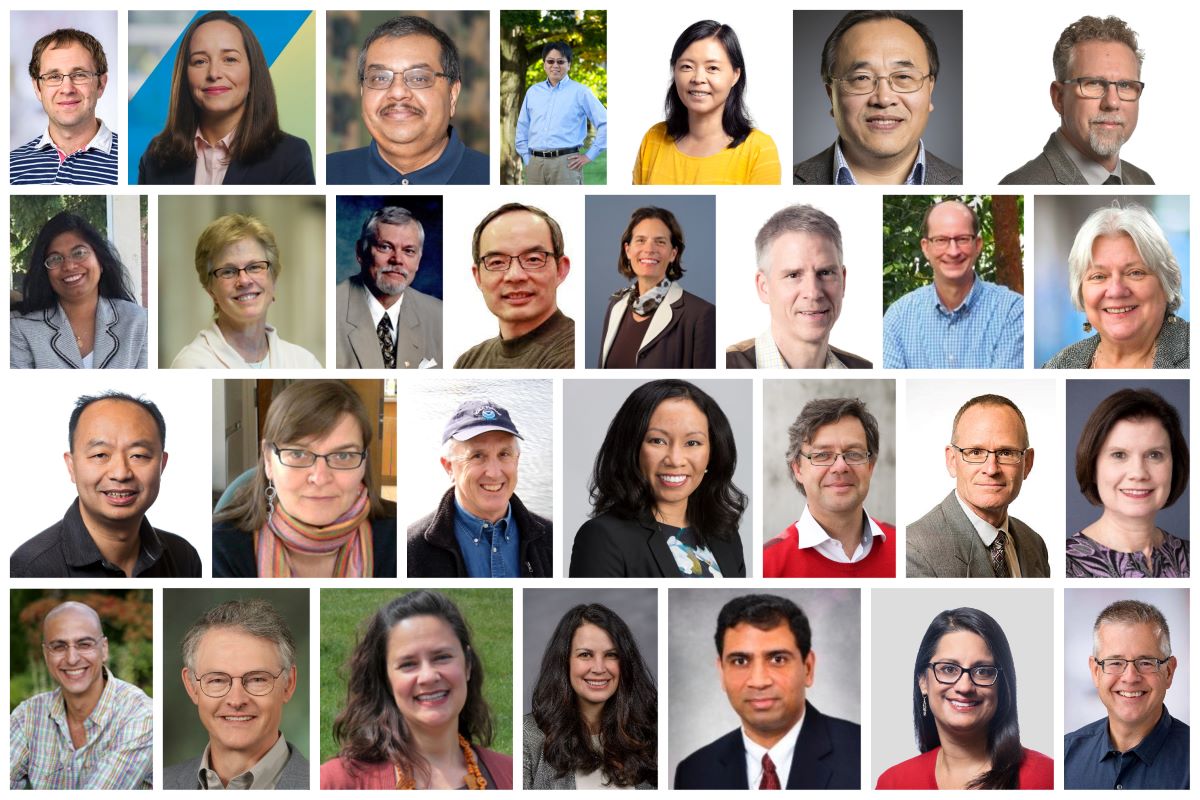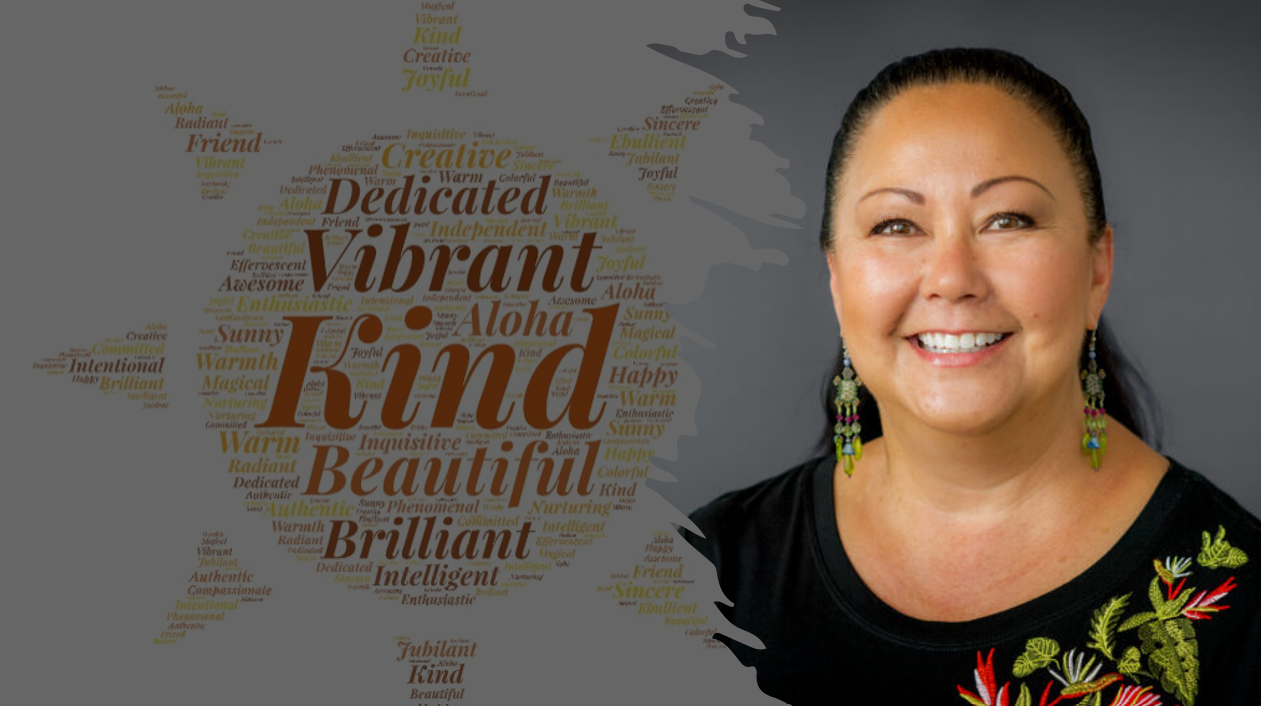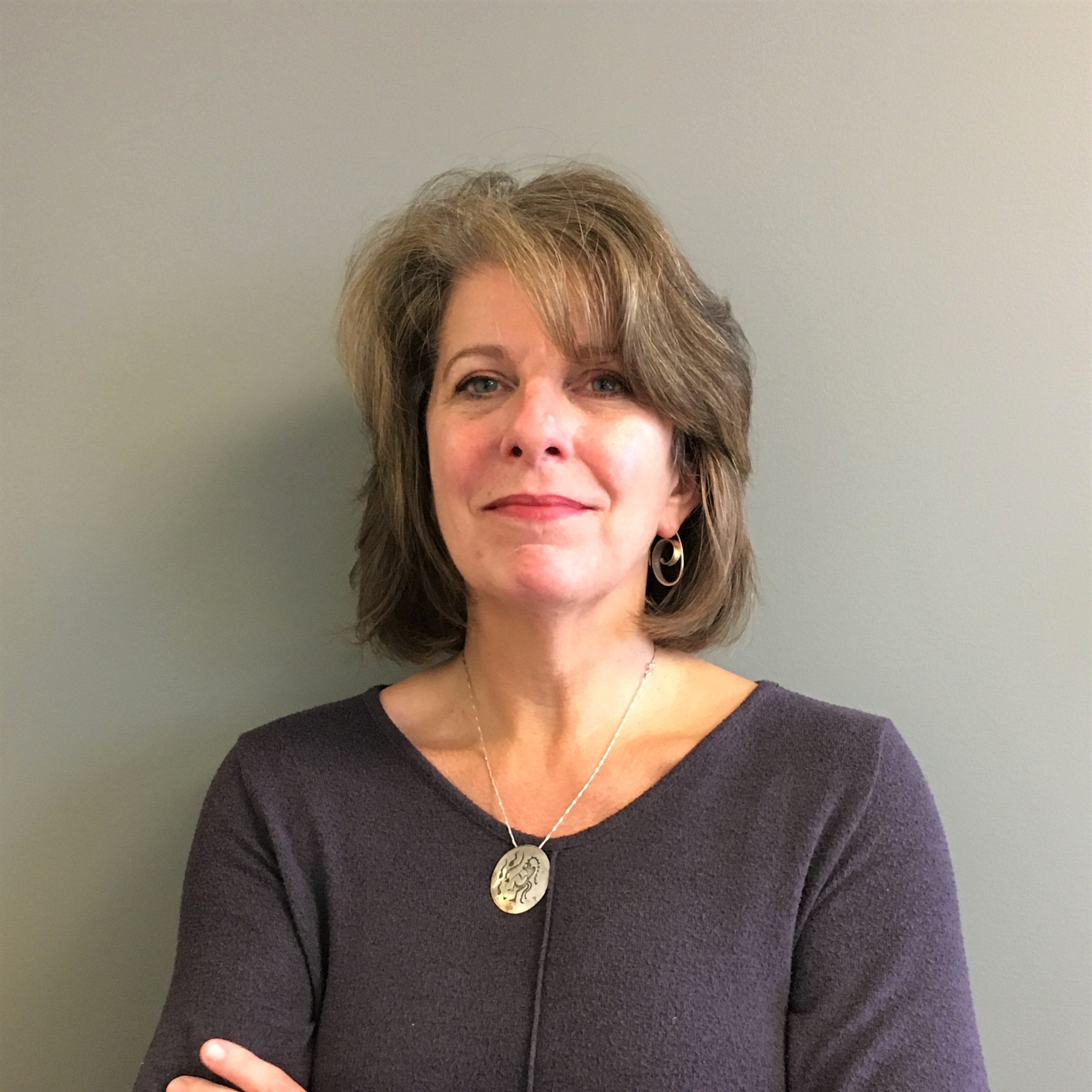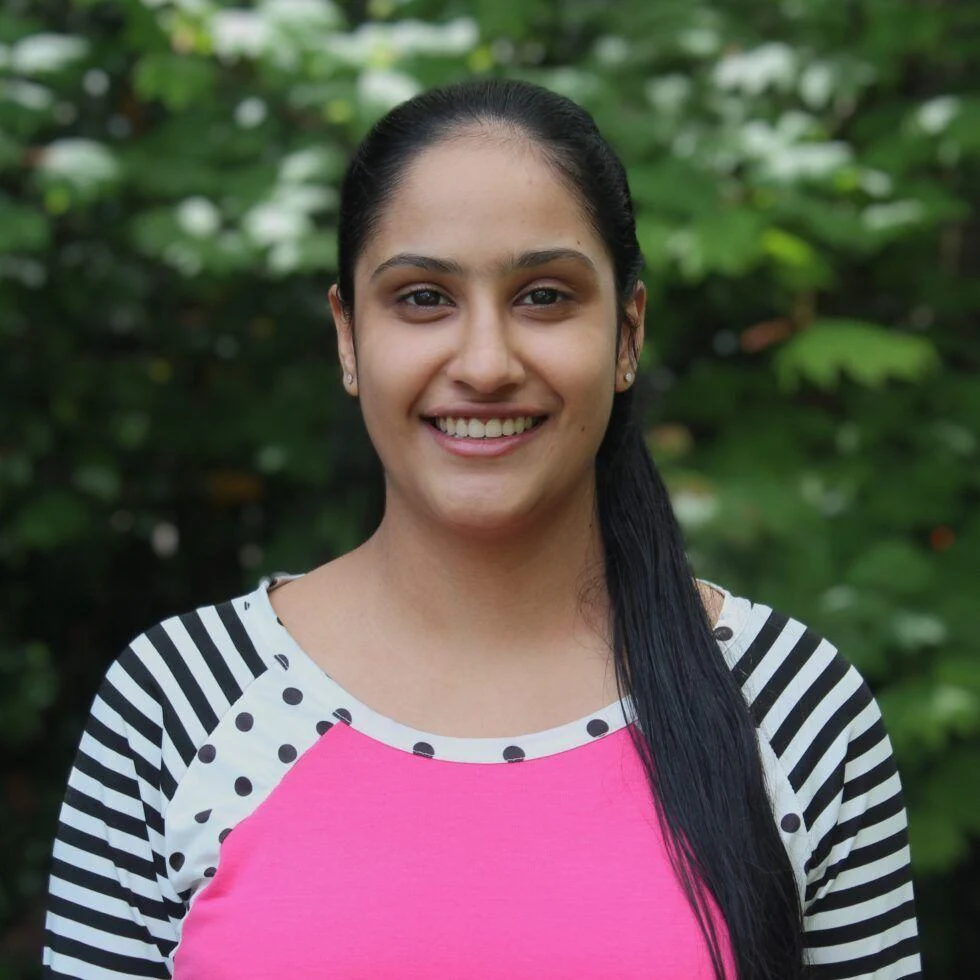
SEATTLE, WA – The Washington State Academy of Sciences (WSAS) has elected 29 new members in recognition of their outstanding record of scientific and technical achievement, and their willingness to work on behalf of the Academy to bring the best available science to bear on issues within the state of Washington.
“WSAS is proud to elevate these exceptional individuals for the many ways in which they have advanced scientific and engineering excellence,” said John Roll, Ph.D., president of WSAS. “We look forward to engaging them in addressing complex societal challenges not only for the benefit of the citizens of Washington State but for all citizens of the world.”
The 2023 class of new members is composed of 26 scientists and engineers elected by their WSAS peers and three members recently elected to the National Academies of Science, Engineering, or Medicine, who live or work in Washington State. The new class hails from academic institutions, national labs, nonprofit organizations, and industry. These new members bring diverse expertise and experience to WSAS.
New members will be inducted at the 16th Annual Members Meeting in Spokane, Washington on September 13, 2023.
Individuals directly elected by WSAS membership:
Arun Ayyagari, Principal Senior Technical Fellow, The Boeing Company
For significant contributions towards aerospace and manufacturing applications in multidisciplinary areas of communications & networking, information management, fault-tolerant computing, vehicle management systems, software and cyber security, manufacturing and embedded systems, and systems engineering.
Vanessa Bailey, Laboratory Fellow, Pacific Northwest National Laboratory
For her leadership and outstanding contributions in understanding the dynamic processes that occur in soils associated with terrestrial and coastal ecosystems.
Betty Bekemeier, Professor, University of Washington, School of Nursing
For contributions to improving public health systems and services. Foundational to Senator Murray’s Public Health Infrastructure Saves Lives Act, her research supports collection of standardized public health financial data assessing impact.
Jesse Bloom, Professor and Investigator, Fred Hutchinson Cancer Center and HHMI
For contributions to our understanding of viral evolution and how mutations shape a pathogen’s ability to infect and spread. His discoveries have driven the scientific and public discourse on numerous viruses, including influenza, HIV, and most recently SARS-CoV-2.
Santanu Bose, Professor, Washington State University
For contributions in the field of virology including advances in our understanding of host-viral pathogenesis, antiviral pathways and immunopathogenic responses to viral infections.
Amanda Boyd, Associate Professor, Elson S. Floyd College of Medicine and Co-Director, Institute for Research and Education to Advance Community Health, Washington State University
For contributions to our understanding of environmental health risk communication to Indigenous and rural populations and advancing diversity in clinical trials.
Mark Bussell, Professor of Chemistry, Western Washington University
For outstanding accomplishments in the development of metal carbide, nitride and phosphide catalysts for energy conversion processes and in the mentoring of undergraduate and M.S. students in research.
Corie Cobb, Professor, University of Washington
For outstanding contributions to the fundamental understanding of battery electrode architectures and the development of advanced manufacturing methods to accelerate commercialization of materials processing technology.
Sara Curran, Professor; Associate Vice Provost for Research; Director, Center for Studies in Demography & Ecology, University of Washington
For groundbreaking work in demography and the sociology of migration, taking a multi-faceted approach that illuminates the dynamic interplay between demographic conditions and factors such as gender, socio-economic context, and climate change.
Nairanjana Dasgupta, Boeing Science/Math Education Distinguished Professor in Mathematics and Statistics, Washington State University
For contributions to the field of statistics and her dedication to diversifying science.
Zhiqun (Daniel) Deng, Laboratory Fellow, Acting Group Leader, Pacific Northwest National Laboratory
For scientific contributions and leadership in developing and deploying transformational technologies that have advanced environmental monitoring and risk assessment for hydropower, wind, marine, and hydrokinetic energy systems in the Pacific Northwest, the U.S. and the world.
Denise Galloway, Professor, Director, Pathogen Associated Malignancies Center, Fred Hutchinson Cancer Center
For contributions to advancing our understanding of the role that small DNA tumor viruses – human papillomaviruses (HPV) and human polyomavirus (HPyV) – play in cancer development.
Christof Koch, Chief Scientist, Allen Institute for Brain Science
For foundational contributions to the development of computational neuroscience as a discipline and for helping to establish Washington State as a world leader in neuroscience.
Mehran Mesbahi, J. Ray Bowen Endowed Professor in Engineering Education, University of Washington
For extraordinary contributions to guidance and control of autonomous and distributed aerospace systems, for leadership in educational innovations, and for advancing aerospace technology transfers leading to industry research collaborations throughout his career.
Karl Mueller, Research Principal/Director, Program Development Office, Pacific Northwest National Laboratory
For distinguished contributions to our understanding of energy storage systems from the molecular level, strategic leadership in physical and energy sciences, and dedication to renewing the energy workforce while increasing diversity, equity, and inclusion.
Mary Paine, Professor, Washington State University
For contributions to the field of drug metabolism and disposition – including advancing our understanding and quantitative prediction of natural product-drug and drug-drug interactions – which have shaped practices of currently used drug development processes.
Tahira Probst, Professor, Washington State University
For pioneering research on the effects of precarious work (including job insecurity, unemployment, underemployment episodes, and financial stress) on worker health, well-being, safety, and performance, and advancing understanding of the impact of organizational, state, and national policies on those relationships.
Marvi Matos Rodriguez, Director of Boeing Defense and Space Systems Engineering for P-8 Air Vehicle, The Boeing Company
For contributions to the development of mass transport control and acceleration in nanoporous materials, our understanding of neural stem cells under electrical field stimuli, and development of aerospace materials and processes development.
David Sheen, Laboratory Fellow; Electromagnetics Team, Pacific Northwest National Laboratory
For scientific, engineering, and commercialization contributions in novel millimeter-wave and microwave systems, algorithms, and techniques for security and other applications.
John Stein, Chair, Puget Sound Partnership Science Panel
For foundational research on the fate and effects of chemical contaminants in local and international marine ecosystems, including pollutants from oil spills, which provides a crucial understanding of the essential elements for recovery of marine system health to benefit the well-being of coastal communities.
Barry Stoddard, Professor, Fred Hutchinson Cancer Center
For contributions to the development and application of structure-based computational protein engineering and his dedication to advancing science for Washington state.
David Swanson, Demographer, Consultant
For contributions to the field of demography including work on pressing social and health questions such as the changing demography of the U.S., the impact of immigration on society, and the short- and long-term consequences of health problems like COVID-19.
Yong Tan, Michael G. Foster Endowed Professor; Chair, Department of Information Systems and Operations Management, University of Washington
For outstanding contributions to advance our understanding of how technologies impact the behaviors and decision-making of individuals, organizations, and society in the contexts of e-commerce, social media, fintech, healthcare, and sharing economy.
Mechthild Tegeder, Professor, Washington State University
For outstanding contributions to the field of plant science in the areas of plant nitrogen partitioning and transporter function in plants.
Matthias Troyer, Technical Fellow, Corporate Vice President, Microsoft
For pioneering research in quantum physics, including algorithmic advances in quantum Monte Carlo methods as well as leadership and innovation in the field of quantum computing.
Yinhai Wang, Professor, University of Washington
For pioneering contributions to traffic sensing, transportation data science, edge AI, and smart infrastructure system theory and technologies, as well as the exceptional leadership in regional collaborations among academia, industry, and agencies for creating transformational mobility solutions.
Washington residents selected by virtue of their election to the National Academies of Sciences (NAS), Engineering (NAE), or Medicine (NAM):
Xuedong Huang, Zoom Video Communications, NAE
For technical contributions and leadership of speech and language technologies and products including the development of cloud-based intelligent systems.
Jock Douglas Mackinlay, Salesforce, NAE
For foundational contributions to the fields of computational data visualization and information visualization.
Hongkui Zeng, Allen Institute for Brain Science, NAS
For contributions to understanding the cells and connection of the brain.
About WSAS
The Washington State Academy of Sciences (WSAS) is an independent, nonprofit organization of more than 300 elected members who are nationally recognized for their scientific and technical expertise. All members of the National Academies of Sciences, Engineering and Medicine who reside in Washington State are invited to join; others are elected in recognition of their scientific and technical contributions to our nation and their desire to contribute their expertise to inform issues in Washington State. WSAS mobilizes the expertise of its members, plus a network of partners, to provide independent, non-advocate scientific and engineering assessments on issues that impact the citizens, governments and businesses of Washington State.
WSAS was established by the legislature in 2005 at the request of Governor Gregoire to improve public policies and programs through the integration of informed, independent scientific analysis and communication with policy makers.
Related Posts
June 25, 2024
On March 27, 2024, WSAS hosted a lecture in honor of the late Dr. Ka'imi Sinclair as part of its broader effort to work in collaboration with, and support the science and technology needs of, Native American tribes in Washington State.
June 10, 2024
After seven years of leading the Washington State Academy of Sciences through unprecedented growth, Gerardi Riordan is stepping down as Executive Director in November.
May 12, 2024
2024 AJAS Delegate Kosha Upadhyay is one of 5 students from Washington State selected as a presidential scholar, one of the nation’s highest honors for high school students.


